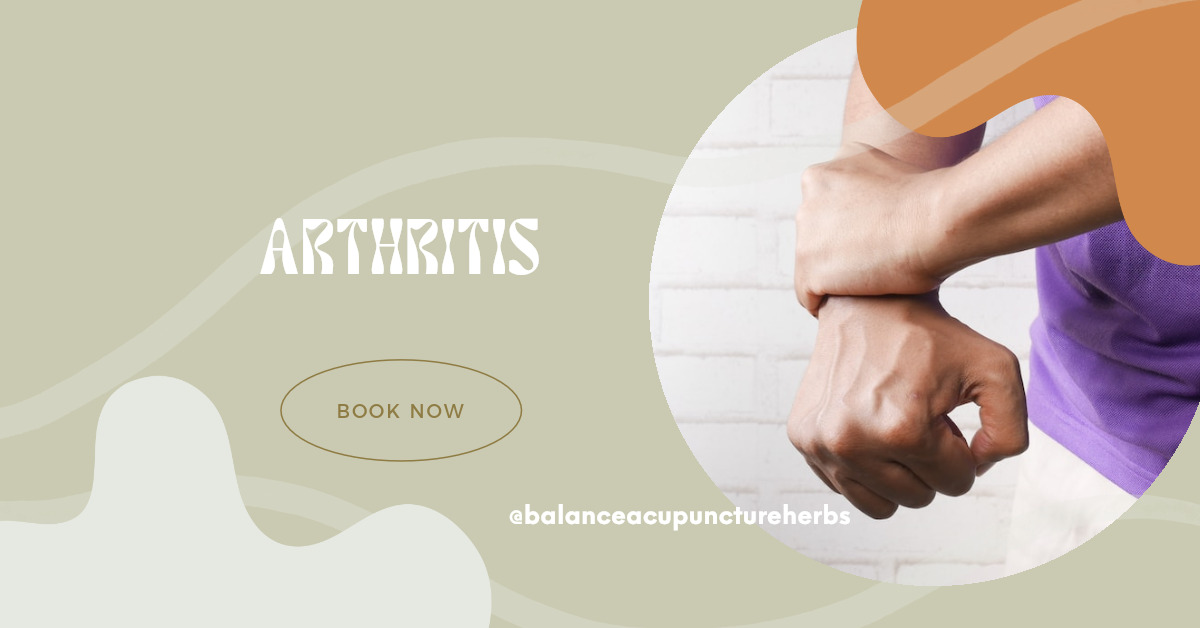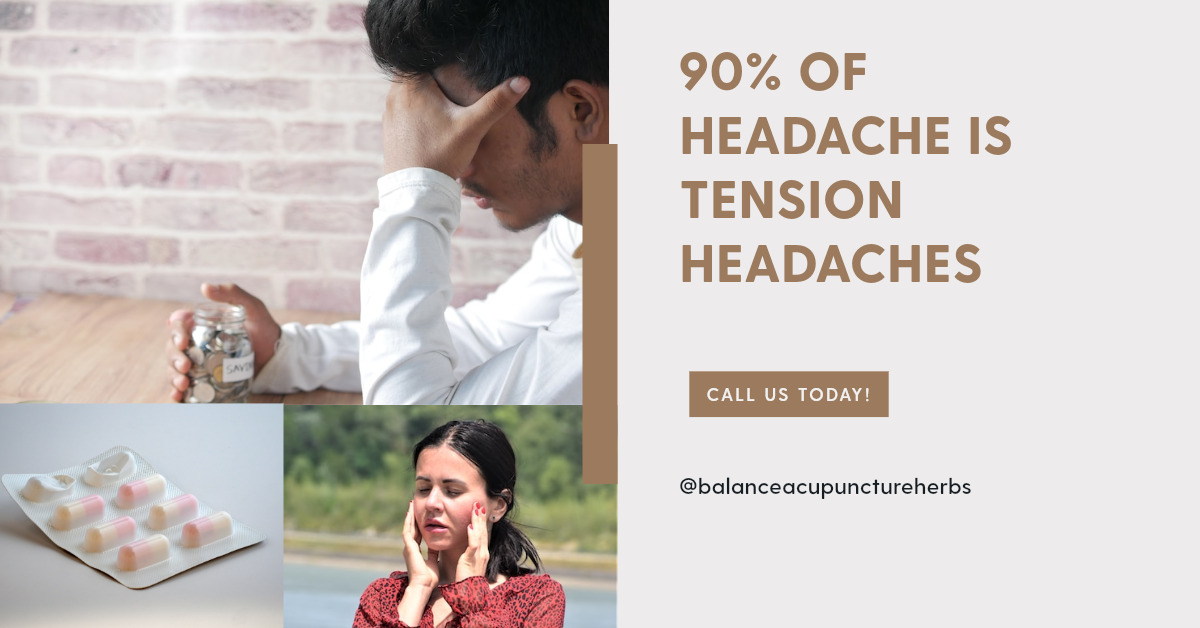
Arthritis
May 17, 2023
90% of Headache is tension headaches.
August 10, 2023|
Getting your Trinity Audio player ready...
|
Health Care in Summer
What should we focus on during the summer season? Due to the high heat and dampness levels, individuals must be mindful of their health and take necessary measures to preserve it.
How to get rid of dampness in the summer season?
When the body’s water metabolism is abnormal, it can cause dampness, a pathological condition. This can result in the production of phlegm, leading to blockages and stasis. Phlegm stasis is the underlying cause of various diseases, including cardiovascular and cerebrovascular diseases, diabetes, and tumors. Therefore, the majority of ailments are caused by dampness. During the summer season, it is crucial to prioritize dampness prevention and dehumidification to avoid diseases. We can reduce the risk of cardiovascular and cerebrovascular diseases, tumors, and other ailments by preventing dampness.
First is mentality and sleep.
It’s essential to address mood problems in any illness. Maintaining a positive outlook and staying calm can help you overcome the disease. Stress, excessive thinking, and pressure can harm your spleen and stomach, leading to insufficient spleen function and internal dampness. In most cases, a thick tongue coating and oral ulcers go hand-in-hand. If you experience these symptoms, it may be due to work-related stress, and adjusting is crucial. To alleviate stress, getting high-quality sleep is essential. It’s a natural remedy for reducing inflammation, and you’ll find that your anger symptoms will improve.
The second is exercise.
One effective method to prevent and eliminate dampness is through “micro-moving limbs.” Moving your limbs will gradually recover your body’s yang qi, and the dampness will dissipate. It’s important not to exercise excessively and sweat excessively, as this can release qi with the sweat. If your qi is deficient, it can affect the metabolism of dampness. While some dampness may escape with sweat, internal dampness can reappear, and ultimately the dampness will not be eliminated.
During summer, engaging in strenuous outdoor activities like mountain climbing is not advisable. Instead, swimming, jogging in the morning or evening, and other sports are recommended. If you do opt for outdoor exercise, make sure to bring heatstroke prevention medication.
If you’re traveling by car, open the windows and turn on the air conditioner to circulate the air before entering. It’s also best to wait for at least 3 minutes before driving off to allow the air in the car to exhaust.
The third is diet.
It is crucial to refrain from excessive alcohol consumption and overeating. Consuming wine, in particular, can lead to dampness. A deficiency in spleen function can contribute to water retention and dampness. Over time, this can lead to excess dampness in the body. High-humidity environments can exacerbate these symptoms. To resolve dampness is to consume ginger. Eating two slices of ginger daily (after soaking it in vinegar for 5-6 days) can help. Drinking lotus leaf tea can also be beneficial. Eating fresh fruits, vegetables, lean meats, freshwater fish, shrimp, and bean products is recommended. To reduce heat and dampness, avoiding fried foods that are thick, salty, or spicy is best.
How to Prevent Air-Conditioner Illness During the Summer?
As warm-blooded creatures, humans experience changes in body temperature in response to external temperatures. During summer, the natural environment is characterized by high humidity and temperatures, resulting in an increased need for the body to regulate its temperature by opening and closing sweat pores to expel excess heat and dampness. However, modern technology has introduced air conditioning, which can cause problems when moving from an outdoor environment into a room with a much lower temperature. The sudden closure of sweat pores can cause two significant issues: trapping cold air inside the body and disrupting our natural perspiration process.
Sweating is vital for detoxification, particularly during the summer when the body needs to expel cold and damp toxins. Air conditioning interrupts this process, leading to incomplete detoxification and the introduction of cold air into the body. This can result in air conditioning-related illnesses, commonly known as wind-cold colds during summer. Symptoms include muscle and joint pain, headaches, loss of appetite, lack of sweating, chills, and fever. When the body experiences fever, it tries to expel cold pathogens as a natural defense mechanism. It is essential to continue sweating in an environment without air conditioning. This allows the previously closed pores to reopen, releasing cold and dampness from the body, lowering body temperature, and reducing discomfort.
Manage and check up your dampness:




